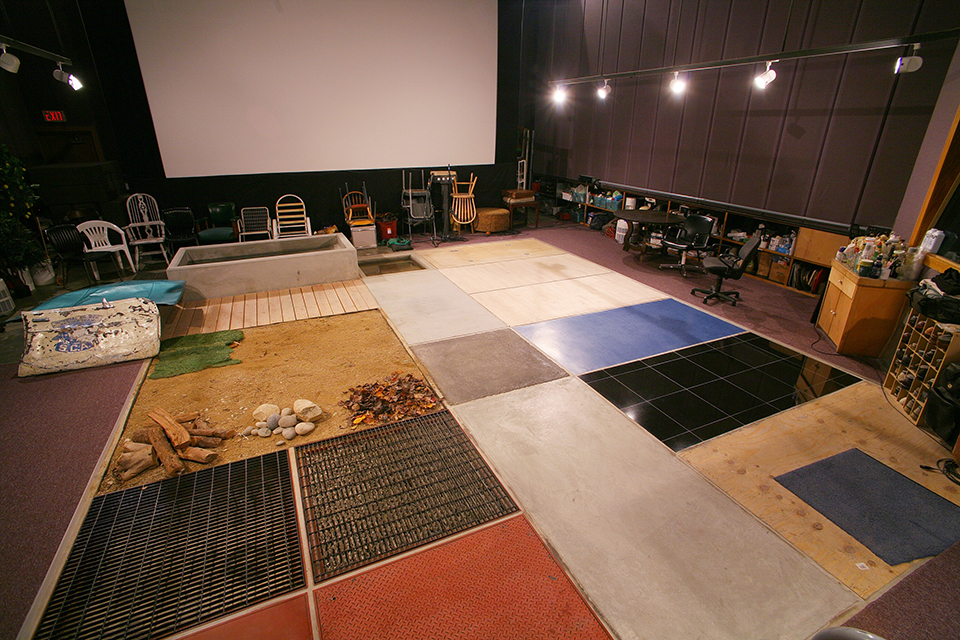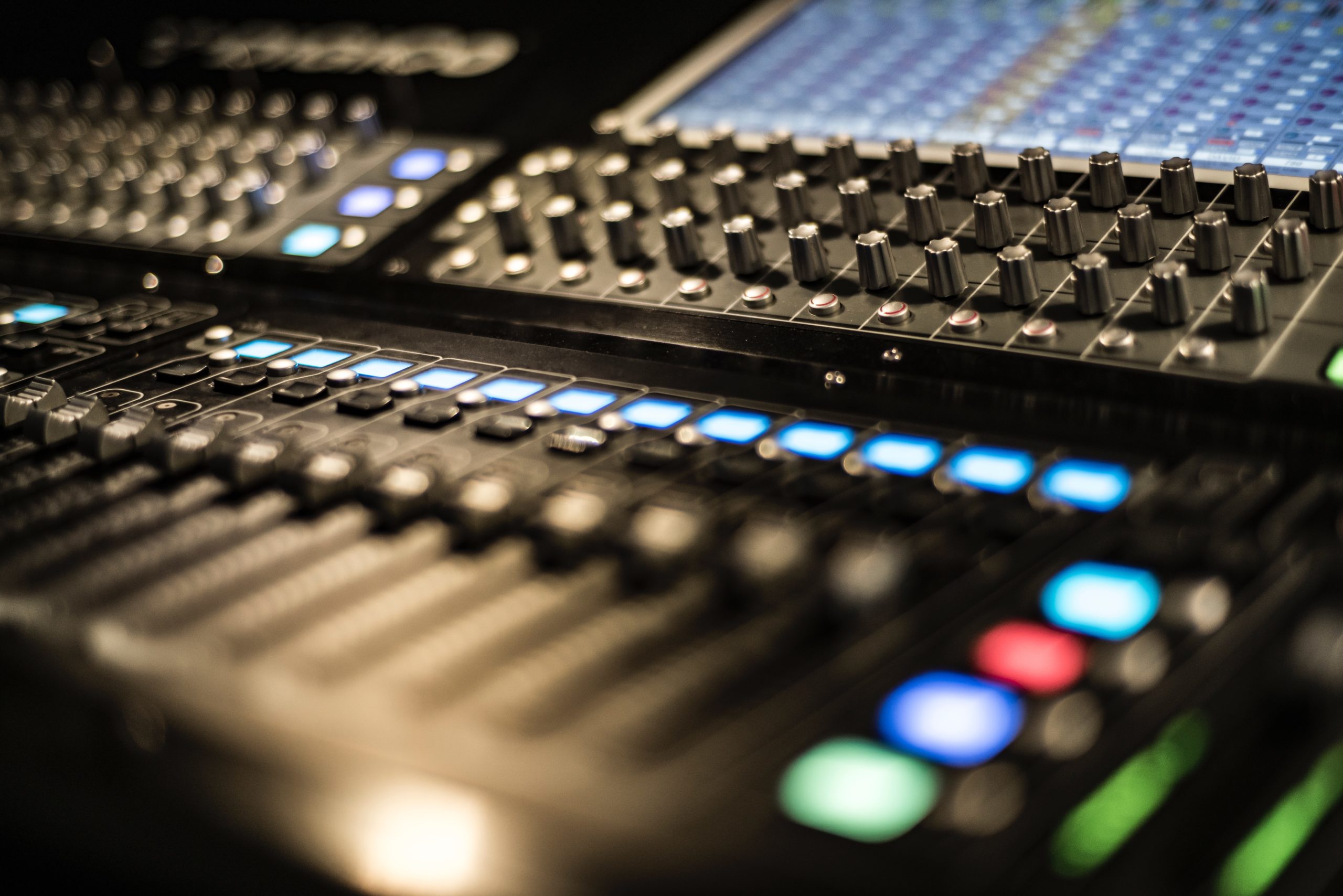Sound editor
The sound editor is a link between the production and the post-production of a film. He is responsible for arranging all the sounds in the soundtrack.
The first step is called dialog editing. The goal is is to control the quality of the dialogue tracks selected by the image editor, to synchronize takes, to replace certain takes if necessary and to ensure the sound continuity of a scene by using, for example, room tones.
Sound editors also edit the sound effects and ambiances of the film. In some large productions, or when post-production deadlines are short, several sound editors can be employed on specific tasks : a supervising sound editor, a dialog editor, a sound effects editor and a music editor.
The main tools of the sound editor are:
- A computer with a digital audio workstation, usually Protools.
- Many sound libraries.
- A studio with quality monitoring speakers, in stereo or multichannel depending on the project.
Foley artist
The artist creates the missing sounds of a soundtrack in a foley stage, mostly human movements (such as footsteps and rustling of clothes). He picks characters in the image and create sounds in real emulating the movements of characters on screen. The point is to reinforce the direct sounds and replace them when mixing the dub mix (a version without dialogs intended to be dubbed into another language).
A foley artist also contributes to reinforce certain sound effects already present in the soundtrack. He has a multitude of objects and props carefully collected over the years to produce unique sounds, in sync with the picture. A good foley layer creates which is not possible to obtain with only sound editing.
Foley stages are often equipped with floors made of various surfaces (gravel, sand, tiles …), doors and pools like the stage of Universal Studios:

Re-recording mixer
The re-recording mixer is responsible for the balance and quality of the soundtrack.
The first stage of his work is dialogue mixing. It is a very technical work which consists in correcting and matching all production sounds with ADR. To do this, the mixer equalizes the levels, harmonizes the sound colors and matches the sound proximity with the size and space of the shot. The dialog pre-mix erases the differences between each take and allows perfect intelligibility of the voices.
The re-recording engineer then adds effects, ambiances, music and sound effects and creates the perfect balance between all sound elements according to the narration. It is a technical, aesthetic and artistic step, as the mix guides the viewer’s attention.
The mixer and his assistants, work in a mixing stage , whixh has high-end acoustic treatment. We find there :
- High-end monitoring loudspeakers, at least in 5.1 configuration, or in Dolby-Atmos (7.1.4).
- A mixing console called a control surface.
- One or more computers with a digital audio interface and a DAW like Protools.
- Plugins and hardware effects.

Composer
The film music composer is a trained musician who creates the music for a film, an advertisement or a video game. He sometimes works from temporary music chosen by the editor or the director (called temp score or temp tracks). He first builds models , draft versions of the music (mockups), which the director listens to and validates. After that, the composer polishes his works and records the score in a studio with musicians, when the budget allows. Today, the film music composer also has skills of arranger, producer and sound engineer, as he often produces his music from A to Z.
The film music composer generally owns:
- A studio or a dedicated room with monitoring speakers.
- A computer with a digital audio workstation, usually Cubase or Logic.
- Virtual instruments. (see also What is a virtual instrument? and Making a virtual instrument)
- A midi keyboard.
- Some musical instruments.
- Microphones and preamps.
Mastering engineer
It’s a profession specific to music production. Mastering is the intermediate step between the finalization of the mix and the distribution of the musical title (online distribution, pressing of the CD, etc.) Mastering engineers correct the sound spectrum and dynamics of a piece of music to make it consistent and compliant with most listening systems. It is often said that mastering corrects mixing errors.
The mastering engineer has a studio with very neutral acoustics and very high quality loudspeakers. His experience and his ability to perfectly balance the spectrum and dynamics are highly sought after assets.



